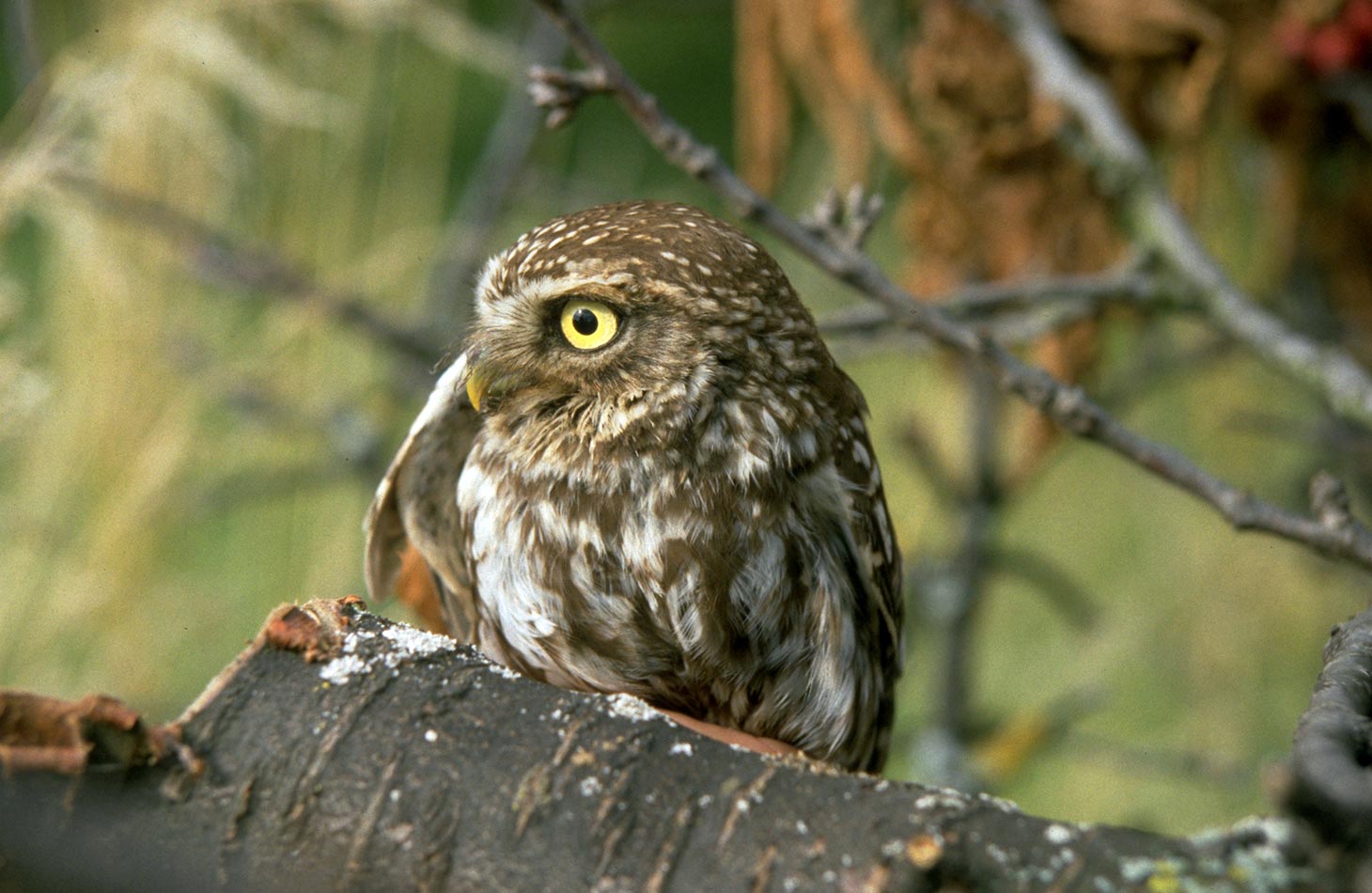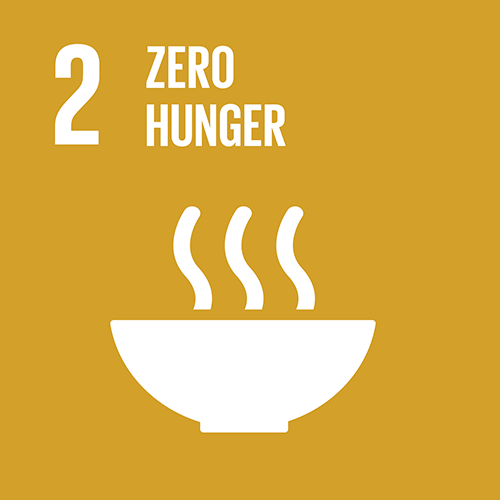Support programme for standard fruit trees in Switzerland
Project type: Land Use and Forestry
Project location: Switzerland
Project status: In operation, exclusive
Annual emission reduction of the whole project: 1,575 t CO2 (over 50 years)
The nationwide support programme for standard fruit trees in Switzerland supports farms with the planting and regular upkeep of standard fruit trees. The planted trees absorb CO₂ from the atmosphere and thus act as carbon stores. At the same time, the standard fruit trees make a valuable contribution to the preservation of biodiversity.
Over the last 50 years, the number of standard fruit trees in Switzerland has fallen by 80 per cent. Despite direct payments being available, a large proportion of farms do not cultivate standard fruit trees for economic reasons, since their planting and upkeep is labour-intensive and expensive. There are initial investment costs with long-term repayment periods and additional expenses for upkeep. In order to increase the number of standard fruit trees, further support measures are required, like this programme.
Subsidies for planting standard fruit trees
The support programme provides farms that are members of the Hochstamm Suisse association with a financial incentive for planting and maintaining standard fruit trees: these may be stone fruit, pip fruit, chestnut or walnut trees. To help with the initial planting and the trees’ regular upkeep, a planting and maintenance subsidy of 105 francs per tree is paid out. The subsidy can be cumulated with direct payments from the federal government, the canton or from municipalities. The aim is to plant at least 15,000 trees as part of the programme, be they in meadow orchards, regular orchards or agroforestry areas. myclimate has developed this support programme in collaboration with Hochstamm Suisse. In addition to the payments of the subsidies, the climate protection project also enables the establishment and operation of the program as well as the coordination and consulting of agricultural farms.
Standard fruit trees are typical of Switzerland’s cultivated land and shape the landscape. At the same time, standard fruit trees contribute to preserving biodiversity and to climate protection.
Trees serve as carbon stores and promote biodiversity
Trees absorb CO2 from the atmosphere by storing carbon through so-called biological carbon sequestration. The impact on the climate here is known as the sink effect. These kinds of natural or nature-based climate protection solutions are very important, alongside technological developments, in the fight against climate change. For this reason, the United Nations has declared the period from 2021 to 2030 to be the Decade on Ecosystem Restoration. Alongside their function as carbon stores, the standard fruit trees also protect fields from ground erosion and reduce discharge of nutrients and pesticides into groundwater and surface water. Standard fruit trees also provide valuable habitats for diverse species and contribute to the preservation and promotion of biodiversity.
Cohesive and richly structured standard fruit trees with a varied understory are the habitat for highly endangered bird species such as the Little Owl.
This climate protection project is supported by Swisscom. You can find out more about this collaboration in the following blue article.
Register now!
Interested farms can check to see if they meet the acceptance criteria in the registration form and then complete the form and send it to Hochstamm Suisse.
Would you like to plant commercial timber trees in addition to high trunk trees, or do you have a farm in Germany, Austria or Liechtenstein? Then take a look at our transnational agroforestry support programme.
Contact:
This project contributes to 3 SDGs*
*as at the end of 2024. Find out how myclimate reports these SDGs in our FAQ.
These SDGs have been approved by myclimate:
At least 300 hectares of agricultural land managed more sustainably.
CO2 reduction of 31,500 tCO2 in total.
15,000 trees will be planted over the duration of the project.
Situation without project
Despite the possibility of direct payments, standard fruit trees are planted less frequently (numbers remain constant).Project standard

Partner


Project number
7831






